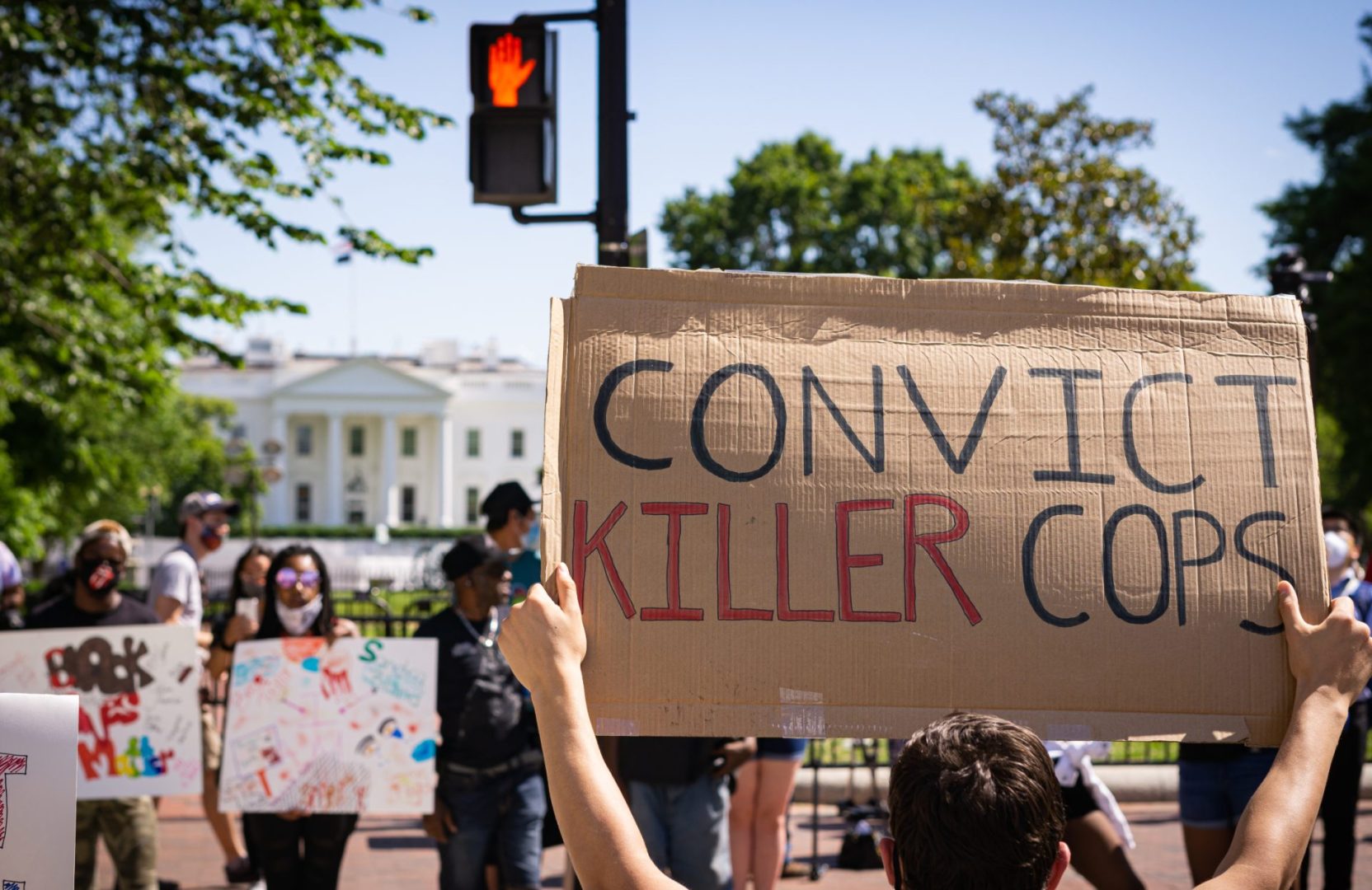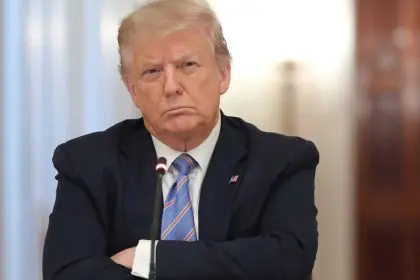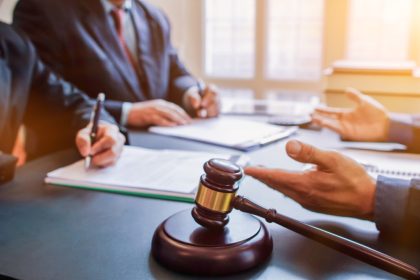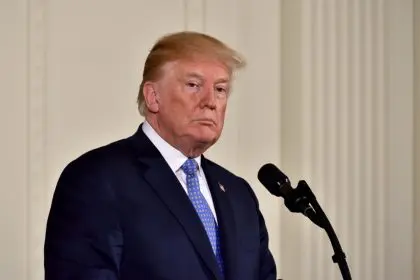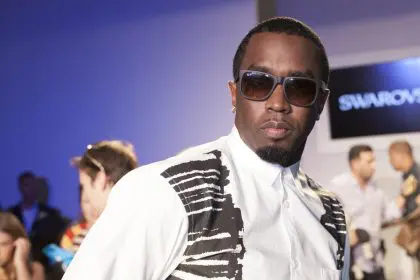Former Minneapolis police officer Derek Chauvin has ignited new controversy with his latest legal maneuver, seeking to vacate his federal sentence in connection with George Floyd‘s death. This development has sparked intense debate and concern within the civil rights community.
The latest legal strategy
Chauvin’s legal team has gained access to preserved portions of George Floyd’s heart, following a judge’s ruling. This unprecedented move centers around a controversial theory proposed by Kansas pathologist Dr. William Schaetzel, suggesting alternative causes for Floyd’s death.
Scientific claims under scrutiny
Dr. Schaetzel’s theory proposes that Floyd’s death may have resulted from elevated catecholamines or Takotsubo myocarditis, rather than Chauvin’s actions. This claim has met widespread skepticism from medical experts and civil rights advocates alike.
Legal implications
The motion filed by Chauvin includes allegations of ineffective counsel, claiming his former attorney Eric Nelson failed to inform him about Dr. Schaetzel’s theory. This assertion suggests Chauvin might have reconsidered his guilty plea had he known about this alternative explanation.
Community impact
The African American community and justice advocates have expressed profound concern over these developments. Many view Chauvin’s latest legal strategy as an attempt to manipulate the system and escape accountability for actions that sparked global protests.
Expert analysis
Legal experts have weighed in on the likelihood of success for Chauvin’s motion, noting the significant hurdles he faces in challenging both state and federal convictions. The preservation of evidence and its potential examination raises complex legal and ethical questions.
Historical context
This case continues to resonate within the broader context of police accountability and racial justice in America. Floyd’s death catalyzed a global movement, and these new developments threaten to undermine the progress made toward systemic change.
Prosecutorial response
Prosecutors maintain that the evidence of Chauvin’s guilt remains overwhelming, regardless of any alternative medical theories. They emphasize the video evidence and multiple expert testimonies that supported the original conviction.
Medical perspective
Healthcare professionals have questioned the validity of Dr. Schaetzel’s theory, pointing to the extensive medical evidence presented during the original trial that confirmed Floyd’s death resulted from oxygen deprivation.
Civil rights implications
Advocacy groups warn that allowing such challenges could set a dangerous precedent for future cases involving police accountability. They emphasize the importance of maintaining the integrity of convictions in cases of documented police brutality.
Media coverage
News outlets have carefully balanced reporting on these developments while considering their potential impact on public perception and the ongoing struggle for police reform.
Political dimensions
The case continues to influence political discussions about police reform and racial justice, with various stakeholders weighing in on the implications of Chauvin’s latest legal strategy.
Looking ahead
As the legal process unfolds, observers remain focused on the potential precedent this case might set for future police accountability cases and its impact on the broader movement for racial justice.
International perspective
Global observers continue to monitor developments in this case, recognizing its significance in the worldwide conversation about police accountability and systemic racism.
Call to action
Advocacy groups emphasize the importance of continued vigilance and activism to ensure that justice prevails, regardless of legal challenges or attempts to revise the established narrative of Floyd’s death.
Legal precedent concerns
The implications of allowing post-conviction access to preserved medical evidence could have far-reaching consequences for similar cases nationwide. Legal scholars warn that this could open floodgates for convicted officers to challenge verdicts based on speculative medical theories, potentially undermining hard-won accountability in cases of police brutality.
Family response
The Floyd family has expressed deep distress over these latest developments. Through their legal representatives, they’ve emphasized the trauma of having to repeatedly defend the well-established facts of George Floyd’s death. Their continuing fight for justice highlights the personal toll of prolonged legal proceedings.
Police reform impact
This case continues to influence police reform efforts across the country. Departments nationwide have implemented new training protocols and accountability measures in response to Floyd’s death, and many worry that challenging the conviction could undermine these reforms.
Public trust considerations
The attempt to reframe the narrative of Floyd’s death raises significant concerns about public trust in the justice system. Community leaders emphasize how such legal maneuvers can erode confidence in court decisions and heighten skepticism about accountability for law enforcement.
Scientific community response
Medical professionals beyond those directly involved in the case have begun speaking out about the scientific validity of alternative theories. Many emphasize the importance of distinguishing between legitimate medical inquiry and legal strategies designed to create reasonable doubt.
Documentary evidence
The extensive video documentation of Floyd’s death continues to play a crucial role in public understanding of the case. Legal experts note the challenge of reconciling alternative medical theories with the clear visual evidence that sparked global outrage.
Institutional accountability
This case has prompted broader discussions about institutional accountability in law enforcement. Police departments, unions, and oversight bodies continue to grapple with their roles in preventing similar incidents and ensuring justice when they occur.
Social media influence
The role of social media in maintaining public awareness and mobilizing support for justice remains crucial. Activists and community organizers use digital platforms to counter attempts to revise the narrative of Floyd’s death.

